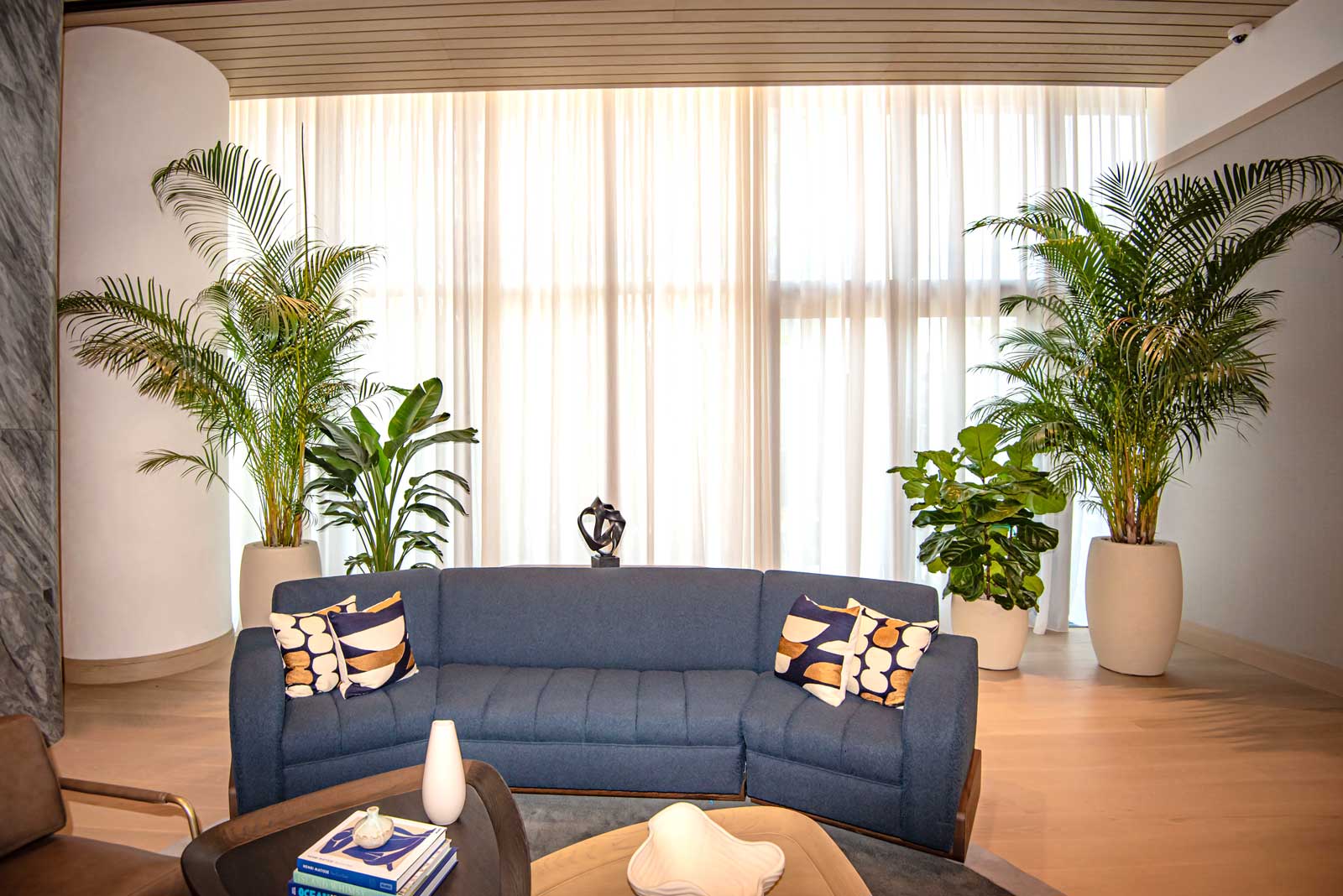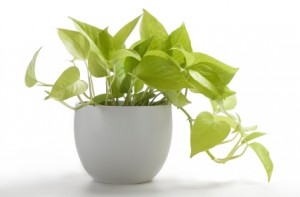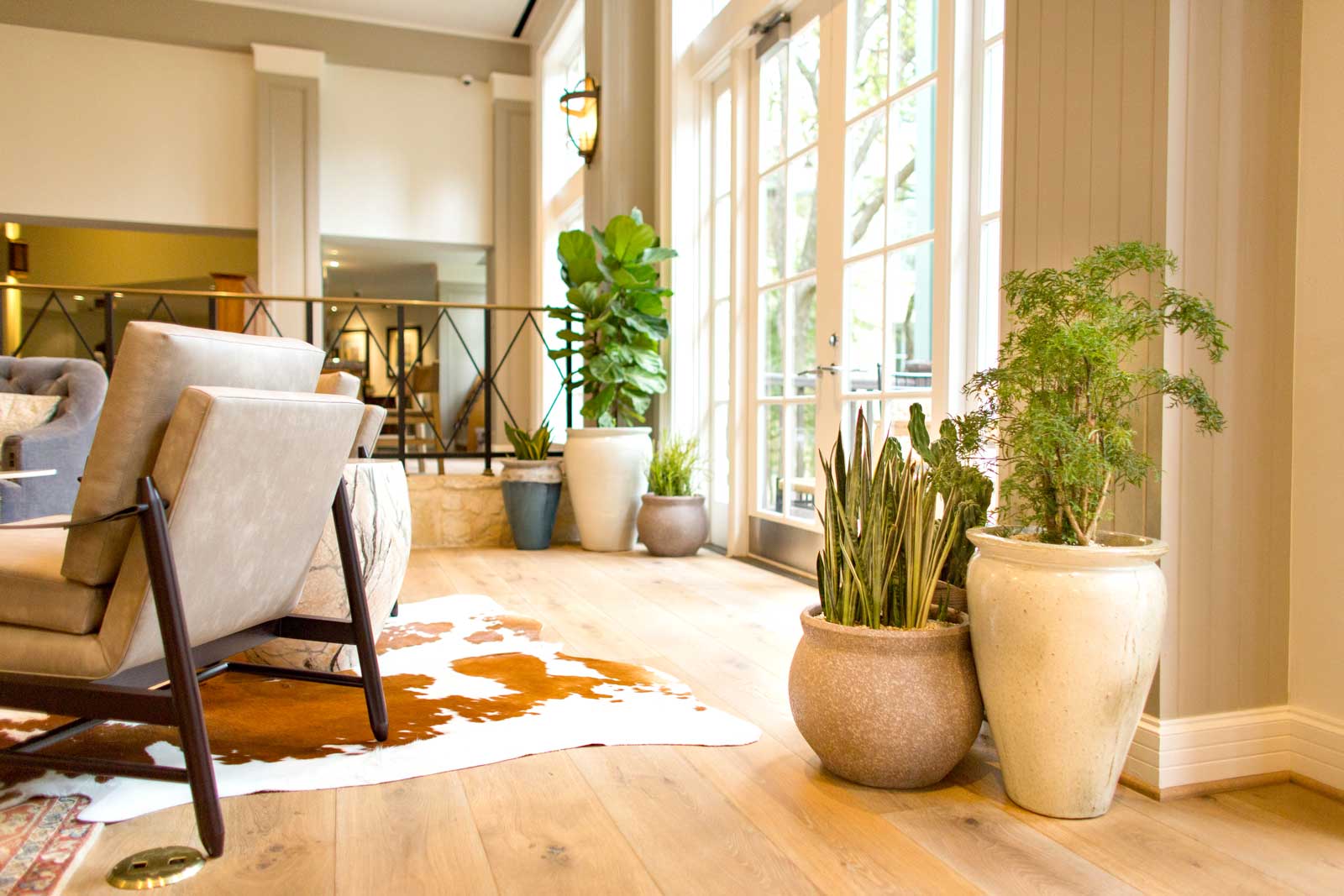Types of Plants That Thrive in a Green Wall System

Green wall systems are becoming enormously popular everywhere you look. They’re outdoors, in apartments, at businesses, and all over big cities. Plenty of reasons exist for starting them, too. You can grow a living wall just for decoration, or you can use it for fruit, veggies, and herbs, especially vital to urban farmers and apartment dwellers. Either way, it’s a wonderful option for growing beautiful, air-cleaning greenery while using a limited amount of space.
To get started, you should first choose plants that are known to thrive in a vertical growing environment. For example, succulents are a smart choice for anyone new to gardening because they are hardy, attractive, and easy to care for if the climate is right. They’re also well suited for a green wall systems because their roots are fairly shallow. This means that smaller pockets can be used, conserving water and keeping the weight of the structure down.
However, if indoor air purification is your goal, go for ivy or spider plants that grow up and out. These will create a sprawling lushness to your upright garden while removing toxins emitted from furniture, carpets, and cleaning chemicals into the air you breathe. Also, if you’re a fan of flowers, consider pansies. They can add a hint of color—including red, white, orange, pink, blue, yellow, and purple—anywhere in your green wall system.
For an edible green wall system, you’ll want to ensure that all of your materials (pockets, holders, shelving, and the entire irrigation system) are non-reactive and non-toxic. Once this is confirmed, you can grow herbs, garlic or garlic scapes, cucumbers, cherry or Roma tomatoes (the larger varieties can get heavy), lettuces, or strawberries. If you’re growing berries outside, you may want to consider a bit of chicken wire for covering to protect them from birds.
Now that you know a few basics, it’s time to consider setting up your own green wall system, or better yet, let the professionals help. For more information, contact Natura here at 1-888-284-2257.




